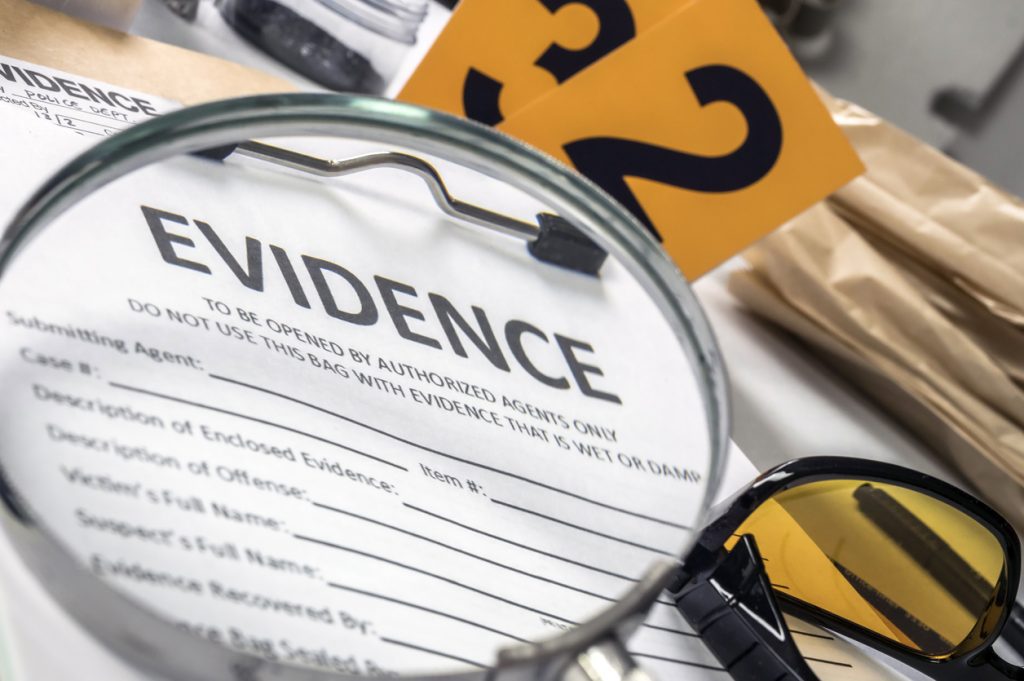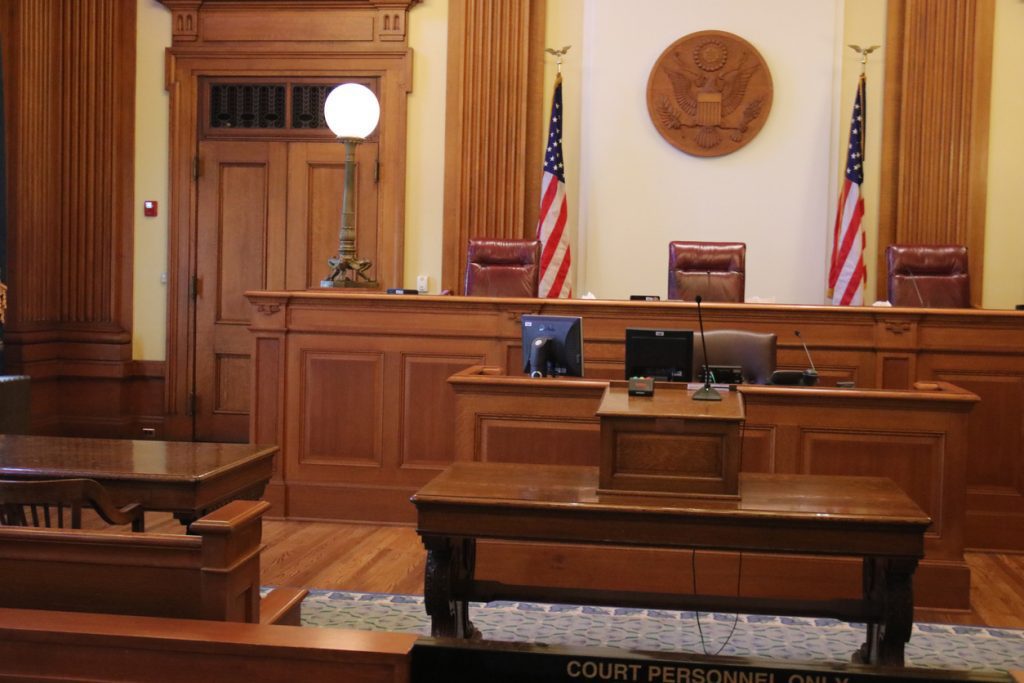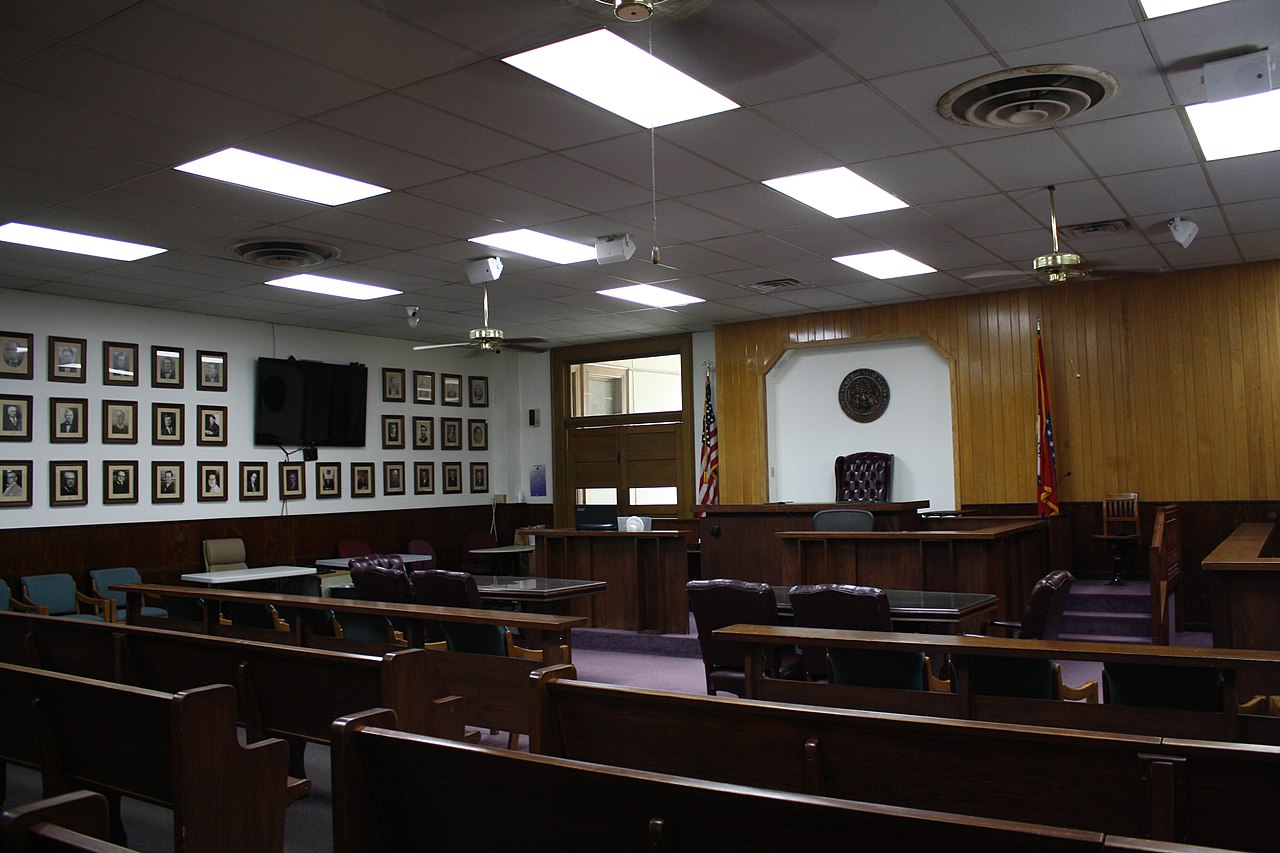As Cornell Law School’s Legal Information Institute explains, “[a] juvenile court is a court that handles cases involving crimes committed by children, or cases involving the health or welfare of children.” Every state in the United States has this type of court. But, in some states, the court goes by a different name, such as “children’s court” or “young offender’s court,” instead.
Juvenile courts and their jurisdictions are created by state law. This means that the legislature in each state passed a law to create the court. That law says what it can and cannot do. The courts operate on their own. But it’s possible for other elected politicians to change what they are able to do. Nevertheless, juvenile courts are part of an independent branch of government.

Are there differences between an adult court and a juvenile court?
Yes. In most jurisdictions, juvenile court occurs in a separate courtroom where a judge who only hears cases involving children presides. Most of the time, the public is prohibited from observing the proceedings to protect the privacy of the children. In regular courts, on the other hand, the public is almost always permitted in the courtroom during proceedings.
The other big difference is that, in most states, judges decide juvenile cases, not juries. In regular courts, a criminal defendant is entitled to a jury trial in every case. If he or she exercises the right to a jury trial, a trial is held before a jury. Depending on the state, the number of jurors could range from six to twelve, and there are also usually alternative jurors as well.
But in juvenile courts, a child charged with a crime does not have the right to a trial by jury. In fact, in a case called McKeiver v. Pennsylvania, the United States Supreme Court held that a trial by jury is not constitutionally required during the adjudicative phase of a state-court juvenile proceeding. States may still allow a jury trial. But, the Supreme Court ruled, a jury trial is not required.

Do proceedings from a juvenile court show up on your record?
Sometimes. In most circumstances, the records of juvenile court cases aren’t publicly available. In fact, even in states like North Carolina where juvenile cases are open to the public, records of them still aren’t available. “Juvenile court hearings are open to the public, but the records of these proceedings are confidential,” the website for the North Carolina Judicial Branch states.
“In order to protect the privacy of children who are involved in these proceedings, juvenile court records may be accessed only by authorized persons, such as the juvenile, the juvenile’s parent or guardian, the juvenile’s attorney, prosecutors, juvenile court counselors, and some probation officers,” the North Carolina Judicial Branch explains. “Public disclosure of juvenile records is prohibited without a court order.”
The Takeaway:
Every state in the country has a juvenile court. These courts are created by state legislators. They operate similarly to regular courts, but there are differences. Among other things, the U.S. Supreme Court has made it clear that children do not have the constitutional right to a trial by jury in cases where they are accused of a crime. This is true even when police arrest minors and hold them in adult prison.






